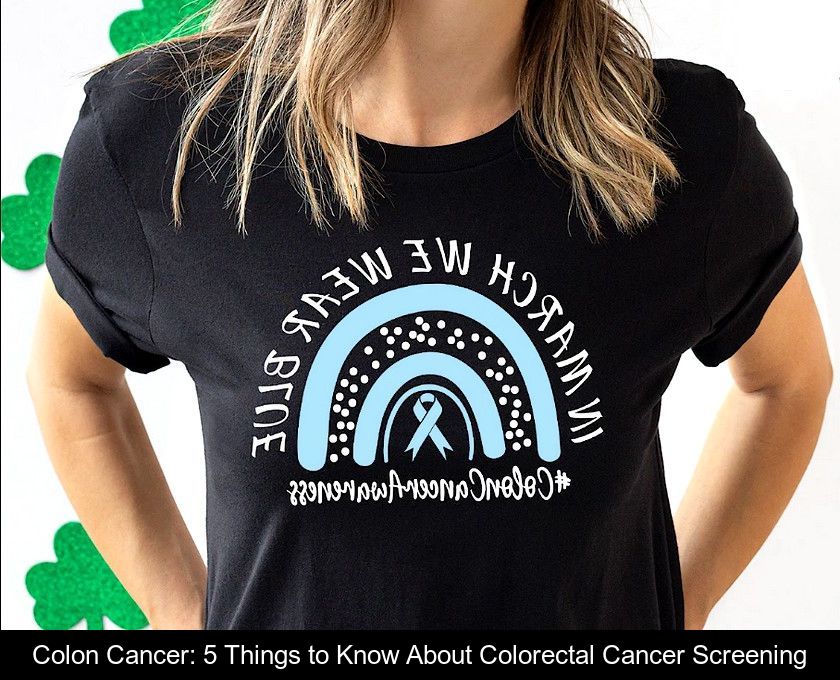Colon Cancer: 5 Things To Know About Colorectal Cancer Screening
Colon cancer, or colorectal cancer, is the second most deadly cancer in France. Yet, it is curable in 9 out of 10 cases when detected early. As part of the Blue March initiative, we explain everything about screening.
Screening makes all the difference.
In France, colon cancer affects approximately 40,000 new individuals each year. It is the third most common cancer in France and the second deadliest cancer after lung cancer.
These statistics, which might seem frightening, are not inevitable. Indeed, colorectal cancer is curable in 9 out of 10 cases when detected early. France has a screening participation rate of only 33%. To encourage the general public to get screened, awareness campaigns like March Blue are organized each year.
In 60 to 80% of cases, this cancer develops from an adenomatous polyp or adenoma. However, only 3 out of 1000 adenomas turn cancerous. Moreover, it usually takes ten to fifteen years for a benign adenoma to develop into cancer. This is why it is essential to participate in screening and detect the disease at an early stage.
Everyone is affected starting at age 50.
Systematic screening for colon cancer is recommended for women and men aged 50 to 74 years.
If you are in this age group, you are eligible even if you do not have any apparent symptoms of the disease, nor a personal or family history of adenoma or colorectal cancer.
You can take this test without leaving your home.
The colon cancer screening test is called Hemoccult. It is used to detect the possible presence of blood in the stool.
This test is entirely free and easy to perform. You simply need to ask your family doctor for it or order the kit online (link below) and follow the procedure at home. An instruction leaflet will guide you on how to take a stool sample and send your specimen back by mail in a prepaid envelope.
Only a colonoscopy can refine the diagnosis.
If the Hemoccult test turns out to be positive, your doctor will prescribe a Colonoscopy. This procedure is the only way to confirm the presence of polyps, whether cancerous or not.
The examination is performed by a gastroenterologist under general anesthesia on an outpatient basis. You will be able to return home the same day.
The Hemoccult test should be done every 2 years.
Colon cancer screening should be renewed every two years. In the meantime, do not hesitate to consult your doctor if you have blood in your stool, changes in bowel habits, abdominal pain, or weight loss.
The risk factors for this cancer are numerous: family history, age, smoking, overweight and obesity, alcohol consumption, and excessive intake of red meats and processed meats.
Conversely, a diet high in fiber (whole grains, fruits, vegetables, legumes) and regular physical activity reduce the risks of developing this type of cancer.






